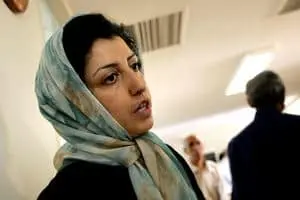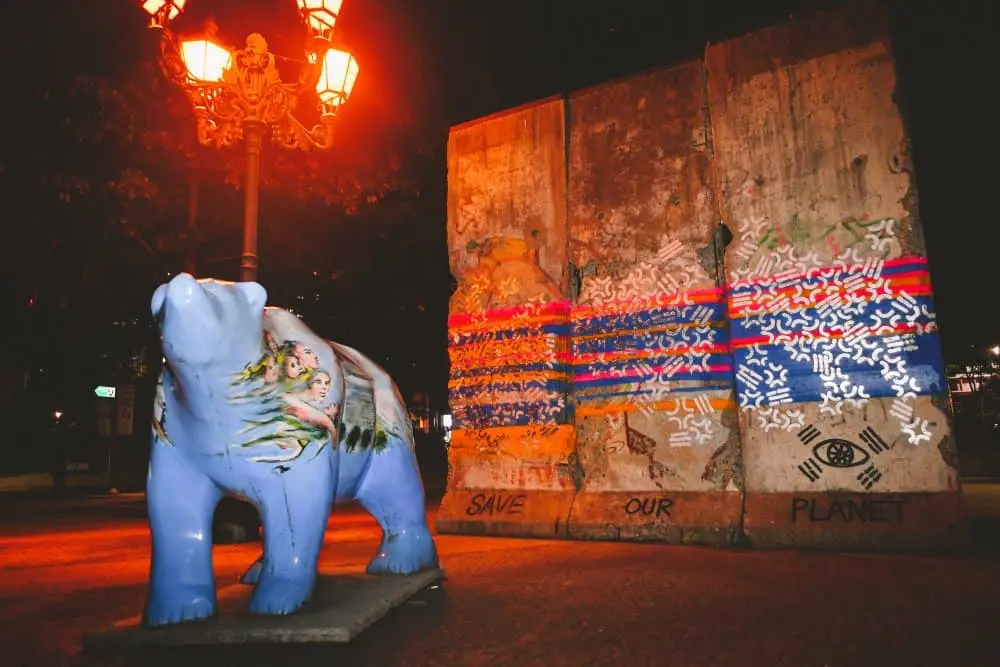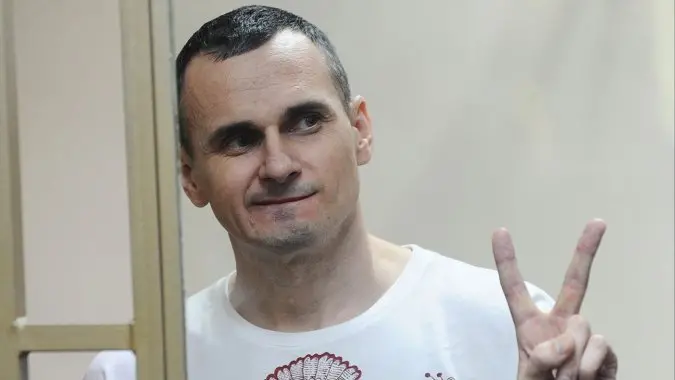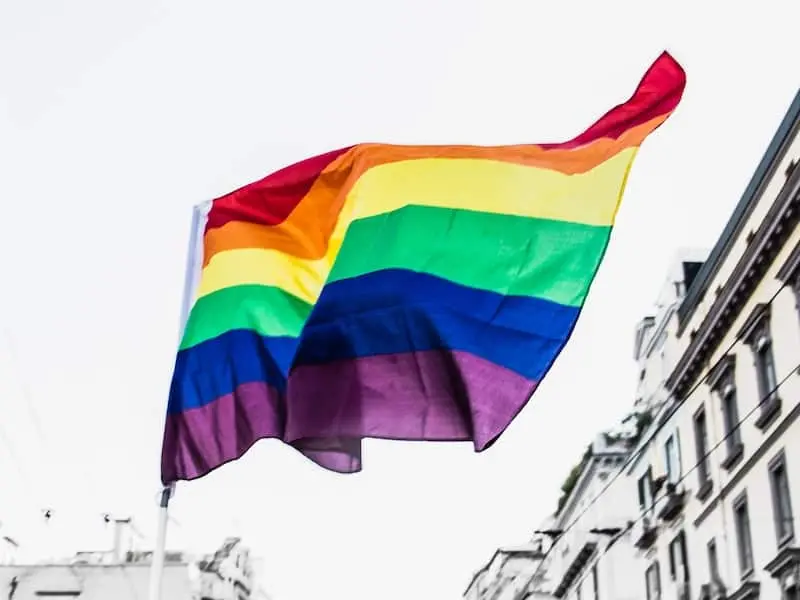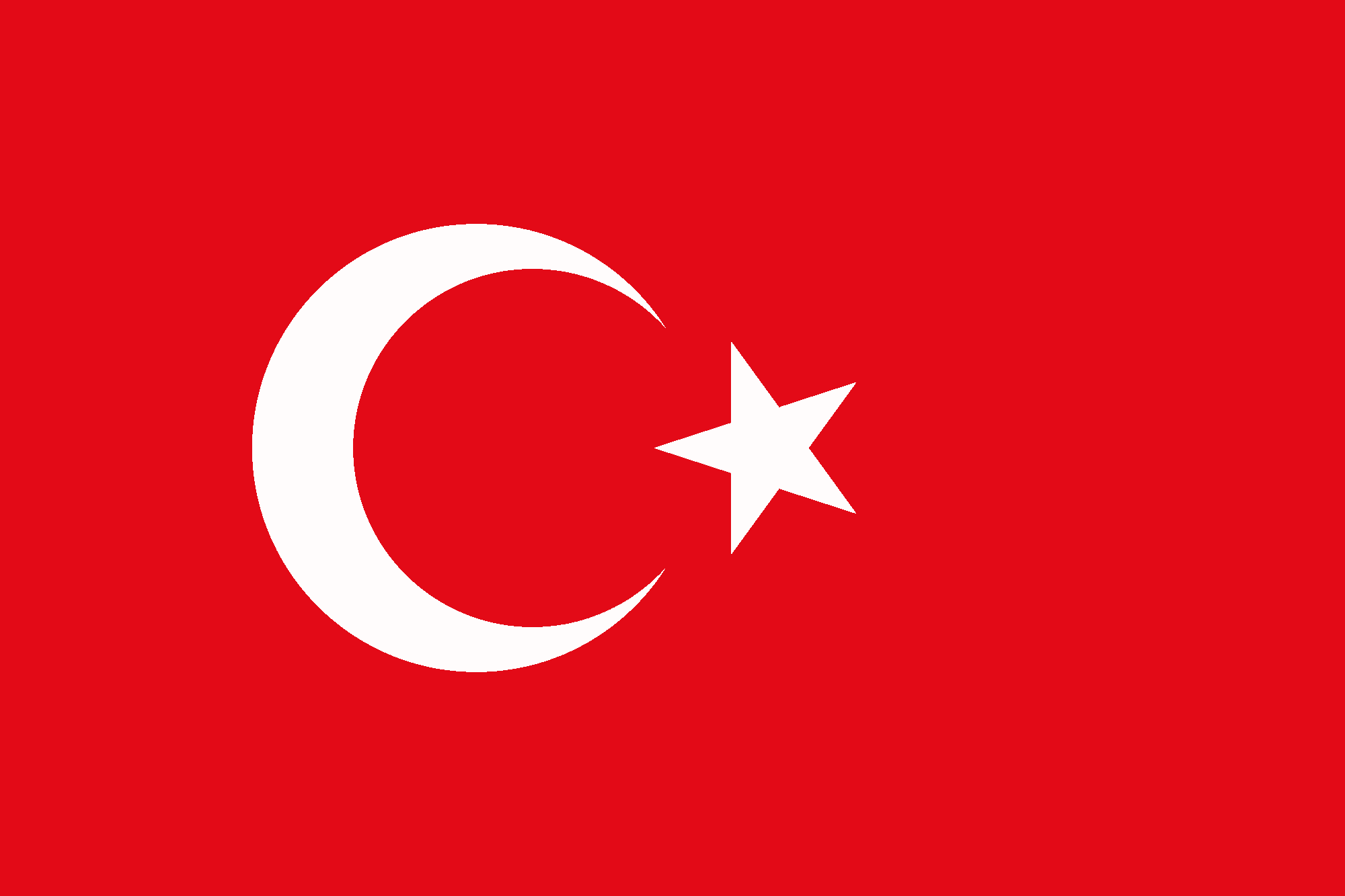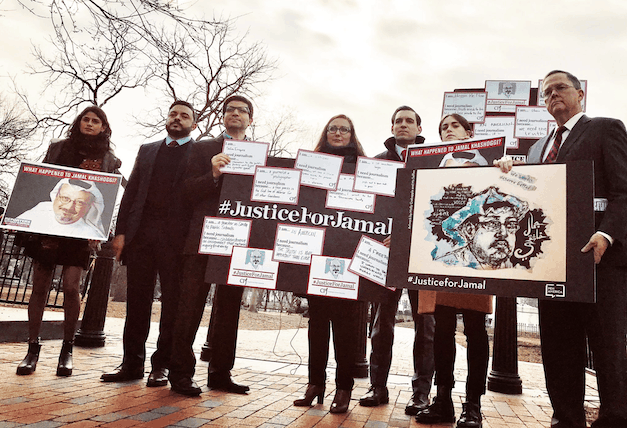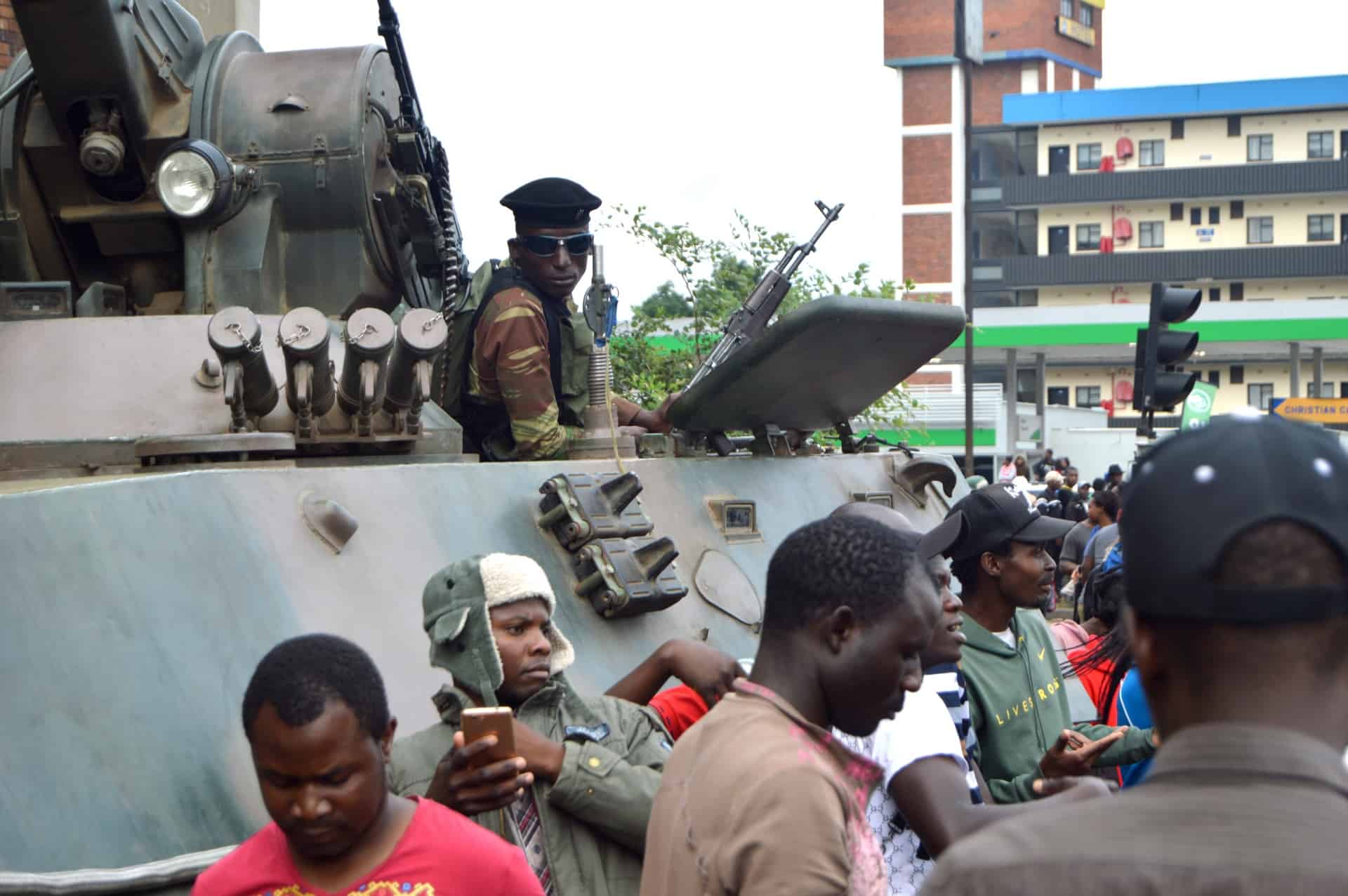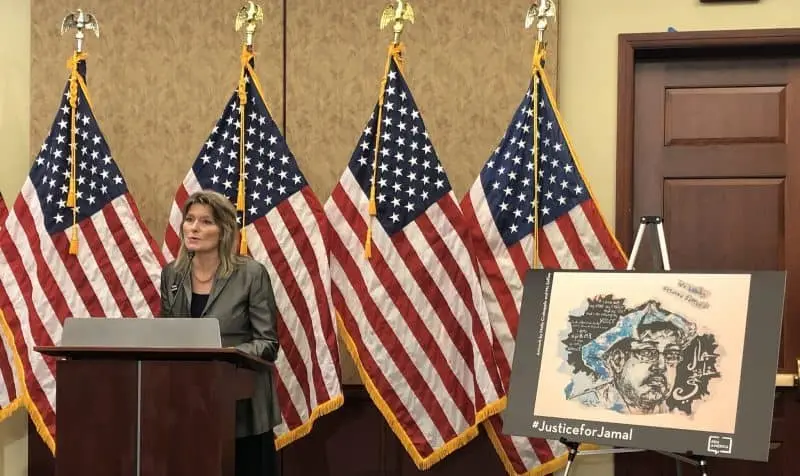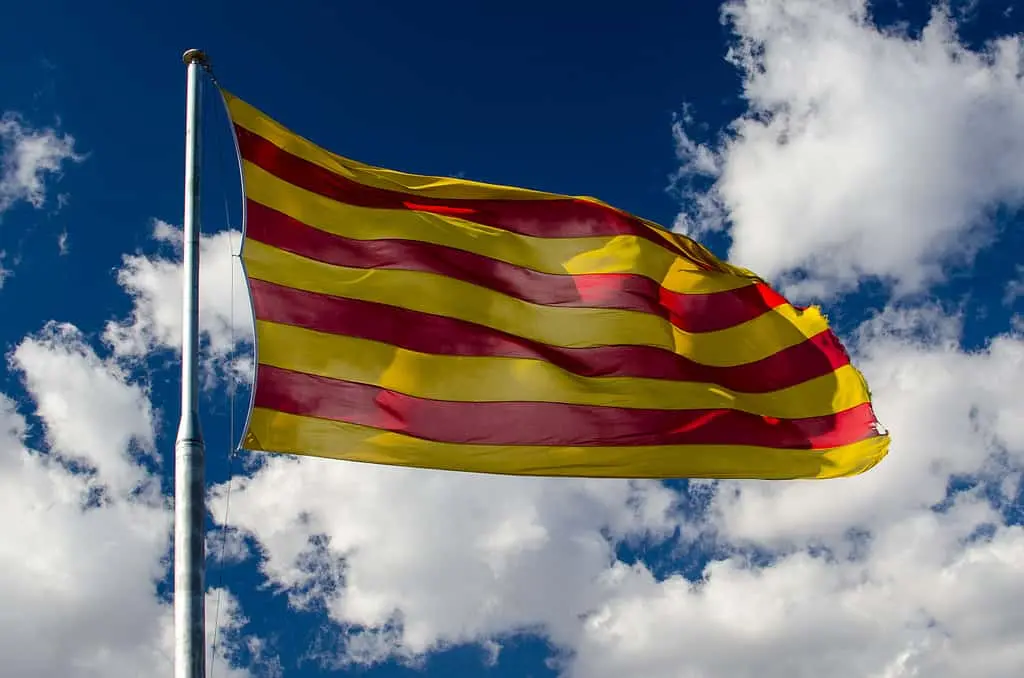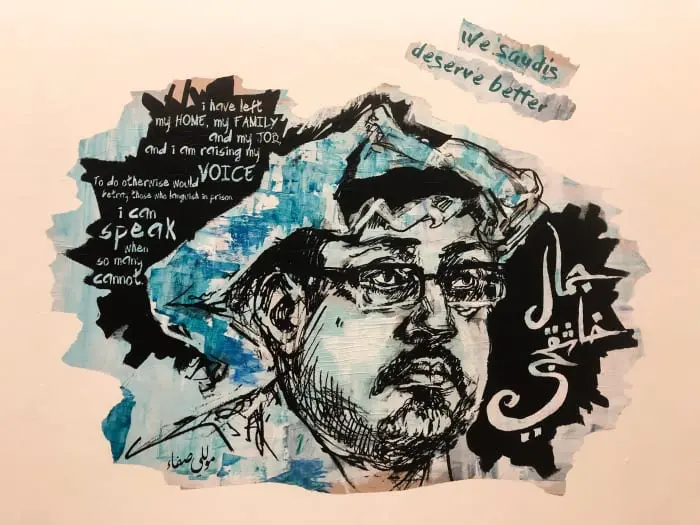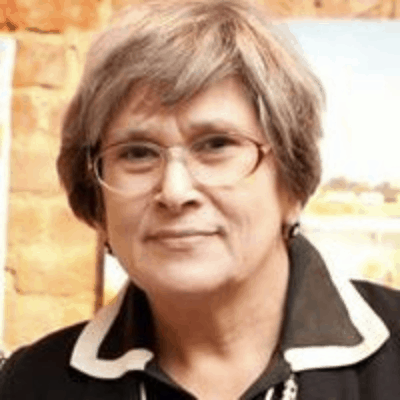PEN Centers in fourteen countries today joined PEN International and Norwegian PEN in calling for the Turkish authorities to immediately and unconditionally release Osman Kavala and Yiğit Aksakoğlu and drop all charges against them and their 14 co-defendants including prominent figures in the Taksim resistance such as Mücella Yapıcı, Tayfun Kahraman, and Can Atalay. All defendants face life imprisonment on the charge of ‘attempting to overthrow the government’ during the Gezi Park protests of 2013. Representatives of PEN International, Norwegian PEN, and PEN Turkey will be monitoring the hearings at Silivri High Security Prison’s courthouse near Istanbul on 24 and 25 June, 2019.
‘We condemn the Turkish authorities’ efforts to prosecute 16 civil society figures for their alleged role in the 2013 Gezi Park protests. Such spurious charges, for which the defendants face life in prison without the possibility of parole, should be dropped. The distinct lack of evidence in this case underlines its deeply political nature and serves as a stark reminder of the Turkish authorities’ readiness to silence dissenting voices,’said Jennifer Clement, President of PEN International.
A 657-page long indictment, released on 19 February 2019 and accepted by Istanbul’s 30th High Criminal Court on 4 March 2019, accuses the defendants of being responsible for crimes allegedly committed by protesters across Turkey during May and June 2013 and reframes the overwhelmingly peaceful protests as a conspiracy to overthrow the government. The indictment lists the plaintiffs as the then-Prime Minister Recep Tayyip Erdoğan, his entire cabinet at the time, and 746 other complainants. Evidence consists mainly of intercepted telephone calls from the defendants, extensive details of foreign travel over a number of years, and social media posts. The evidence further consists of surveillance camera photographs of publisher and civil society leader Osman Kavala meeting various people. With the exception of the phone calls, the majority of the evidence is dated after the protests took place.
Two of the defendants, Osman Kavala and rights-defender Yiğit Aksakoğlu, have been held in pre-trial detention in Silivri prison since 1 November 2017 and 17 November 2018 respectively. Three of the defendants–actor and director Memet Ali Alabora, actor Pınar Öğünand, and novelist and playwright Meltem Arıkan–are notably accused of having provoked the Gezi Park protests with their play Mi Minör, staged in December, 2012. All defendants have been charged with ‘attempting to overthrow the government or partially or wholly preventing its functions’ under Article 312 of Turkey’s Criminal Code, the most severe sentence under Turkish law.
‘No evidence contained in the indictment successfully links any of the accused to a concerted effort to bring down the government, nor does it establish that any of the defendants were aware of plots to do so. Not only have the rights of liberty and security of Osman Kavala and Yiğit Aksakoğlu been violated under Turkey’s constitution and the European Convention on Human Rights, but said violations appear to infringe the Convention’s Article 18, in that these detentions and the bringing of the case overall has a purely political motivation,’said Kjersti Løken Stavrum, President of Norwegian PEN.
‘Osman Kavala has been arbitrarily deprived of his liberty for 20 months; Yiğit Aksakoğlu for over seven months. Prominent figures in the Taksim resistance as well as writers, actors and filmmakers are in the witness box. We call on the Turkish authorities to release Osman Kavala and Yiğit Aksakoğlu immediately and unconditionally, to drop charges against all defendants in this case, and to urgently end their crackdown on civil society,’ said Caroline Stockford, Turkey Adviser to Norwegian PEN.
Additional information
In May 2013 a peaceful protest against an urban development plan was staged in Istanbul’s Taksim Gezi Park, one of the few green spaces in the city. Local protests quickly spread and turned into the biggest civil protest in Turkey’s history, with over 3 million people taking to the streets across 81 cities. Nine people lost their lives and thousands were injured, as police repeatedly used aggressive tactics and excessive force against protesters. While thousands of people were arrested during the course of the protests, most cases that went to trial ended in acquittal. Four years later, however, the Turkish authorities began to arrest those they suspected of organizing the protests in an apparent attempt to secure public support and solidify power.
Civil society leader, philanthropist, publisher, and human rights defender Osman Kavala, who is accused of financing the Gezi movement, was first detained on 18 October 2017 at Istanbul’s Atatürk airport upon returning from the city of Gaziantep, in south-eastern Turkey. On 1 November 2017, a Court in Istanbul ruled that he be remanded in Silivri Prison, where he has been detained since. On 22 May 2019, Turkey’s Constitutional Court rejected an application to end his continued pre-trial detention. His case is pending before the European Court of Human Rights.
The defendants, in alphabetical order of surnames, are:
Yiğit Aksakoğlu (Civil society professional) – held in pretrial detention
Memet Ali Alabora (Director, actor) – abroad
Hakan Altınay (Chair of Open Society Foundation) – in Turkey, subject of travel ban
Meltem Arıkan (Novelist, playwright) – abroad
Can Atalay (Lawyer and human rights defender)– in Turkey
Can Dündar (Journalist, author) – abroad
İnanç Ekmekci – abroad
Yiğit Ekmekçi (Chair of Anadolu Kültür) – in Turkey, subject of travel ban
Hikmet Germiyanoğlu (NGO consultant) – in Turkey
Tayfun Kahraman (Urban planner) – in Turkey
Osman Kavala (Director of Open Society Foundation) – in pretrial detention
Çiğdem Mater (Film producer) – in Turkey, subject of travel ban
Pınar Öğün (Actor) – abroad
Mine Özerden (Civil society and arts project coordinator) – in Turkey, subject of travel ban
Mücella Yapıcı (Architect and engineer) – in Turkey
Gökçe Yılmaz – in Turkey
Signatories
Danish PEN
English PEN
French PEN
German PEN
Kurdish PEN
Norwegian PEN
PEN America
PEN Belgium/Flanders
PEN Canada
PEN International
PEN Netherlands
PEN Suisse Romand
PEN Turkey
Scottish PEN
Swedish PEN
Wales PEN Cymru
For further background, read a report by English PEN: ‘The Gezi Protests: the impact on freedom of expression in Turkey’
https://www.englishpen.org/campaigns/the-gezi-park-protests-the-impact-on-freedom-of-expression-in-turkey/

